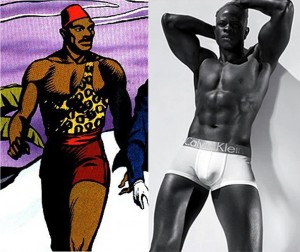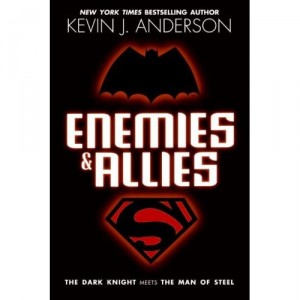Media Madness: Worst Performances Ever! (or Until Mandrake Comes Out)
In Media Madness, Matt. Murray reviews, revisits and rambles about comics, cartoons and their interactions in and with related media.
I read some disappointing news over at Dark Horizons last week — rumor has it that Hayden Christensen will be playing Mandrake the Magician in some Criss Angel style adaptation of the Lee Falk comic strip of the same name. Ugh.

While I’m not adverse to updating and playing with what is clearly a dated concept and character, I am frightened and saddened by choosing uber-douche Angel as the mold to recast the hero in (he evidently has a cameo as well) and then there’s casting Dork Vader himself to carry the production… In the words of Patton Oswalt doing his impression of Nick Nolte as Han Solo: Aw Hell, Chewbacca!
How the hell does this guy still get work? Has no one been to the movies in the past ten years? This kid buckled under the weight of the second Star Wars trilogy and was outperformed by the special effects and Billy Fu@%ing Elliot in Jumper. He can barely sustain the illusion of having an emotion on screen, how are we supposed to buy into the fact that he’s the world’s greatest illusionist and escape artist?
(In better news, Djimon “Give Us Us Free” Hounsou is in it too. I’m assuming he’s playing Mandrake’s African sidekick Lothar as he’s absolutely perfect casting in that department. So here’s hoping that maybe the producers and director aren’t complete shortbussers.)

In honor of this disgusting piece of casting that will no doubt amount to a staggering disappointment, and the death of another potentially cool classic comic franchise (The Phantom and/or Spirit, anyone?), I’ve assembled a list of the 5 worst performances in movies adapted from comics in the past 10 years or so.
Disclaimer: Enjoy the list, but by no means don’t watch the films. Really. You shouldn’t. Not only are they horrible performances but these people will get paid in some way, shape or form if you pick up the disc or watch it via some other legal means. Don’t encourage crap kids, it only begets more!


